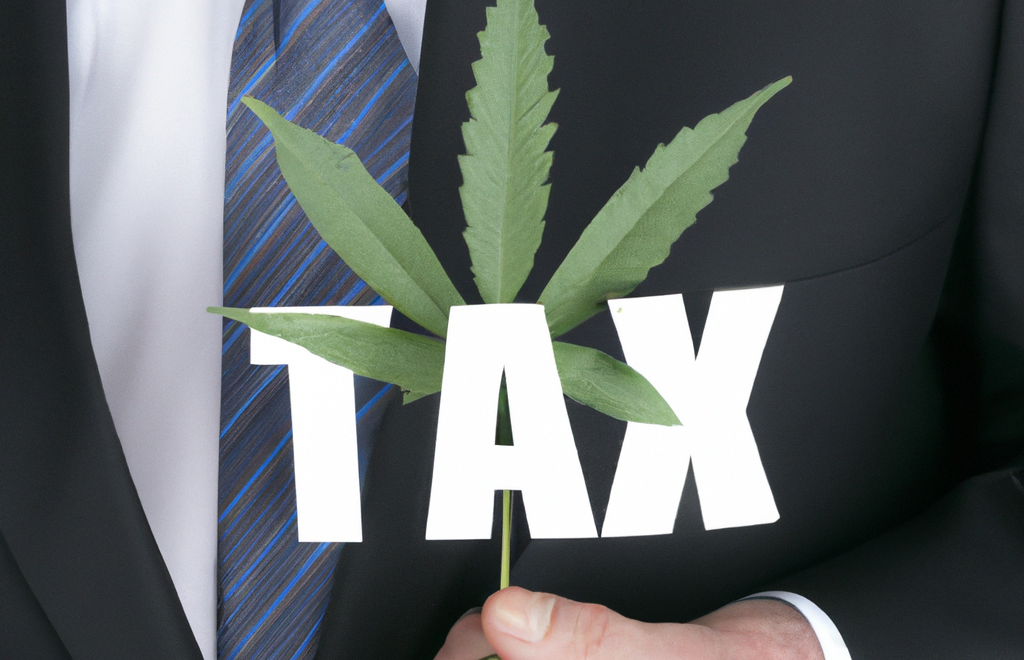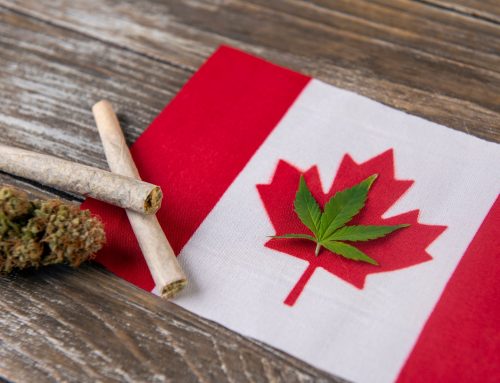Nevada’s Cannabis Growers Struggle with Overtaxation Amid Falling Prices and Stale Data
NEVADA– Nevada’s legal cannabis industry, which was expected to bring endless profit to licensees, is facing challenges that could lead to its decline. Nevada’s cannabis growers are complaining of overtaxation due to the state’s formula for calculating taxes, which relies on fair market value (FMV) instead of the actual wholesale price of cannabis. This formula means that growers pay taxes for a pound of cannabis as if they sold it for $2,000 when the actual wholesale price is half of that. As a result, growers are selling a pound for $1,000 and paying taxes based on the FMV, which ranges between 25% and 30%. In contrast, if the tax is based on actual sales, growers would pay an effective tax rate of 15%. Several bills have been proposed to tweak the tax calculation, but each would cost the state millions of dollars a year in tax revenue that is partly designated for education.
The Nevada Department of Taxation releases the FMV twice a year, based on data that can be as much as three months old, while the wholesale price changes more frequently. The FMV is currently $1,944 per pound of cannabis flower, while the actual wholesale price is half of that, according to John Ackell of Zenway Corp, a cultivation facility in North Las Vegas. The state’s effective tax rate of 25% to 30% has made it difficult for growers to meet all their other obligations. Many licensees are behind on their taxes, with some paying as much as 60% tax on individual sales.
Safi Boyajian, a former licensee of Flower One, testified that the company has paid approximately $30 million in wholesale cannabis taxes in Nevada since 2019, representing 24% of their revenue. If the tax was 15%, as intended, the company would have paid only $18 million in taxes, meaning they overpaid by over $11 million.
The legal cannabis industry in Nevada was expected to generate significant profit for licensees. Sales were over $1 billion in 2021, but have fallen 16% in 2022 and 19.5% in 2023. The industry is facing stiff competition from the unlicensed illicit market, which doesn’t have tax obligations, compliance costs, or testing costs, and can sell for much cheaper.
The cost of regulation, including excessive fines, fees, and time and effort charges, has also increased significantly. The state’s billings to licensees for licensing totaled $388,300 in 2019, $1.7 million in 2022, and are projected at $2.54 million for 2023, according to state data. Because of the illegal federal status of cannabis, licensees are unable to write off expenses, yet they are responsible for federal payroll and income taxes.
Assembly Bill 430 aims to reduce the burden on cultivators by setting a flat 15% tax on wholesale transactions between unaffiliated companies. However, transfers within vertically integrated operations would still be taxed based on the state-issued FMV. The proposal is based on the formula used in Colorado and has the support of the Nevada Cannabis Association (NCA). The proposal would also require the state to publish new FMV data quarterly instead of twice a year.
Lobbyists representing the Sierra Cannabis Coalition are seeking to eliminate the wholesale tax and increase the current retail tax on recreational sales from 10% to 15%. The proposal met with opposition from the NCA, whose president, Brandon Wiegand, testified that high taxes are already the number one complaint they receive from their customers. Will Adler, a lobbyist representing the Sierra Cannabis Coalition, argues that customers are already paying a higher price that includes the cost of the wholesale tax.




































